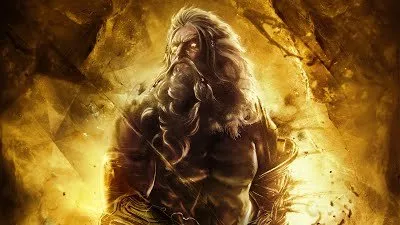
I don’t know if the world already knew, but still I wrote it for them, for the first time.
They’d ask me about my plans for my life: would it be to become an astronaut, physicist, politician, writer? They’d forced me to enter the sciences and I’d shouted, “I am not one of those little puppets the powerful create.”
My parents didn’t seem to understand, nor my father’s mother. They’d looked at me as if I were strange, telling me that the world would probably not be what I wanted. Something didn’t fit them and they didn’t try to understand it. In their pale faces I’d noticed a hesitance, sometimes reluctant, sometimes broken.
I was an advanced student and they wouldn’t raise any objection, it seemed. Unlike my mother, who found it difficult to swallow any of my ideas, they were surprised that the child in them could invent such daring designs and would not disintegrate at the first minute of life, but get to grow stronger, younger, and faster.
They’d always walked behind my eyes, my mother and my grandfather, and I’d given them nothing. They knew how they would feel, and they knew I knew it. Fifteen years of obstinate waiting had ended, and the time had come that I would look into my own eyes, see the shock there, and know that it was a part of me, and that I was no one else’s puppet. Years of waiting and training would end, and no one would be able to tell me if I’d make a good physicist, or what would be the point of it all, which way life would go. For once, I would have known everything for myself.
What had I been thinking, my mother would ask me, while she watched me around the kitchen table. She stood by the kitchen door, waiting for me. One day, like her mother, she would have seen us, for many years, she would have been waiting for me. “You know that soon I can’t answer your questions anymore. I don’t remember.”
I’d always thought she was the most beautiful woman on the earth, even though she was short and a little fat. I’d always thought that one day she’d have an answer for me, and would tell me about the world, about death and about life.
When I was ten years old, I learned to love. I’d fallen in love with an image, a dark-haired girl who danced, with a voice that sounded like poetry. She danced her way through war scenes to the music of a boy who, I imagined, was a warrior. He sang the stories of his country and his people, and wept. He sang to his sister who had dirt on her face and blood on her hand, and still he made her dance. I wished she could be mine, I wished he’d sing that song to me, and that I could keep in my hands the white feather of a hunter. I’d never known that I could have those feelings. It seemed that I’d never had them before.
“Why do you look at her like that?” my mother asked me, when she saw me watching the world from my bed. Her tone of voice was a little annoyed. As if she was not sure that I knew how to love. And she was right.
Why did I look at her like that? I hadn’t known how I looked at her. I had never looked at anyone like that before in my life.
In the distance I heard the sound of barking dogs and the crackling of plastic bags of clothes that were being laid on the ground.